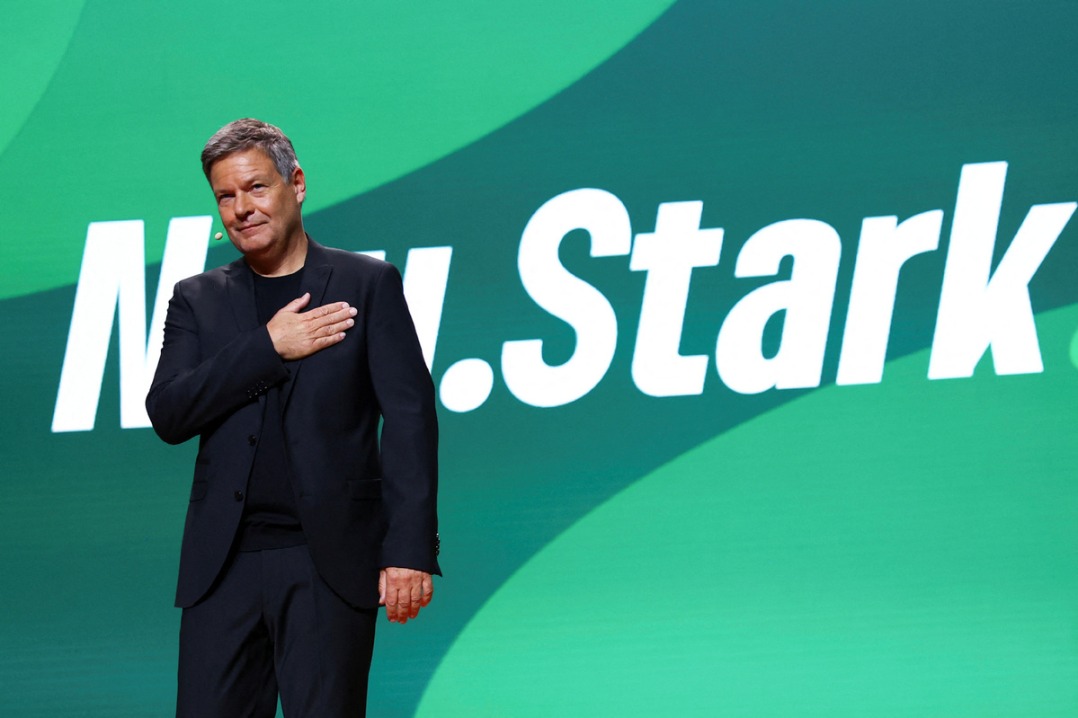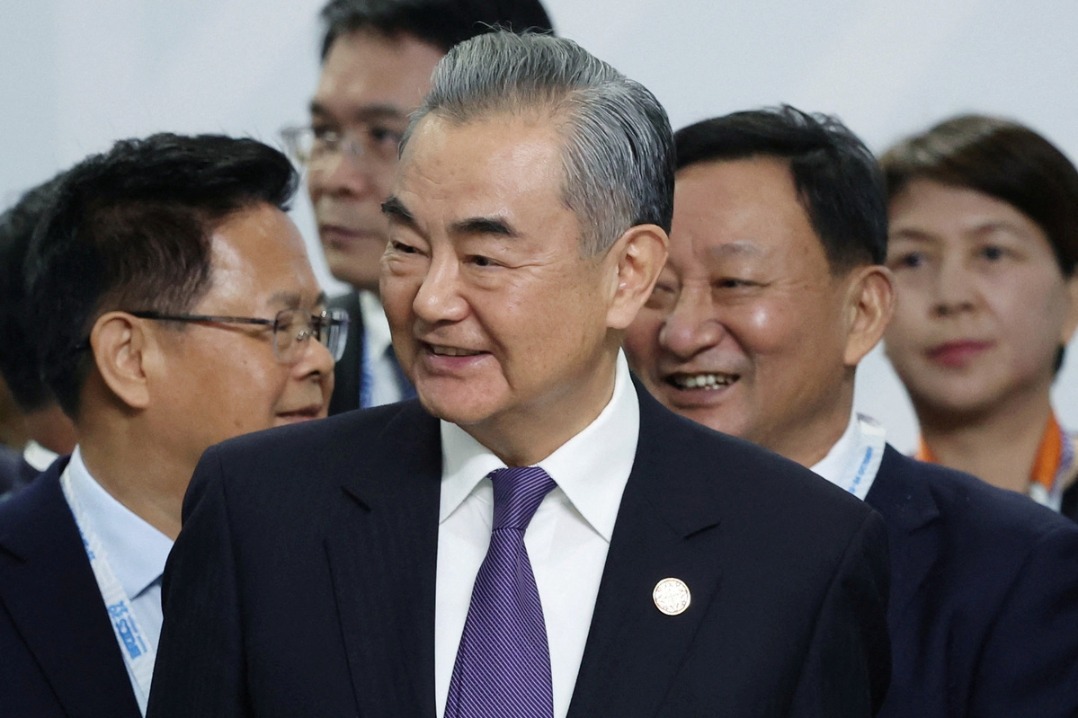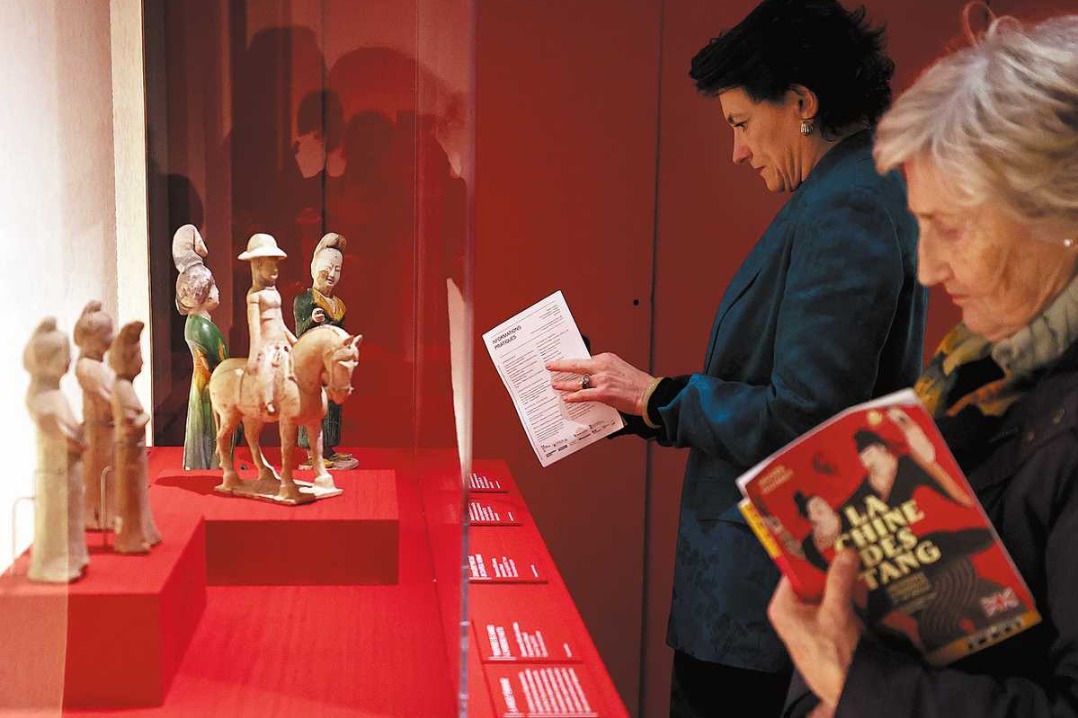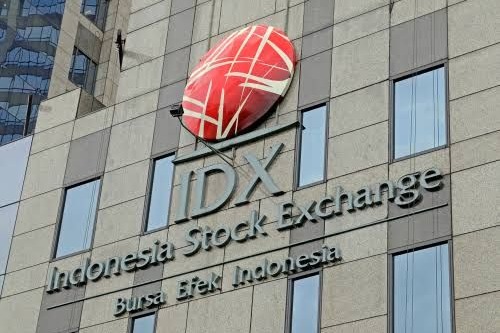Germany's Greens choose Habeck to run for chancellor

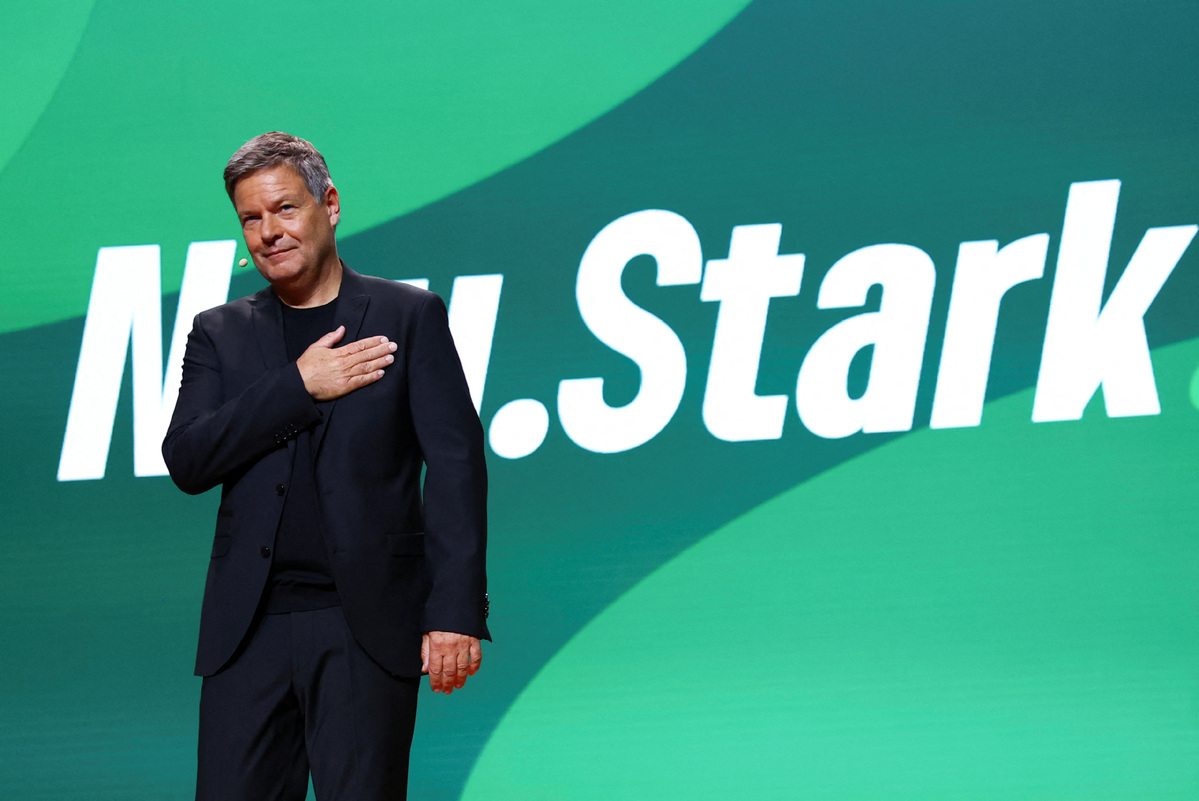
Germany's Economy Minister Robert Habeck will try to replace Chancellor Olaf Scholz as national leader in the Feb 23 federal election.
Habeck has been a prominent member of Scholz's three-party ruling coalition for the past three years and won the Greens' nomination to run for chancellor this week.
While the Greens have only been a junior partner in Scholz's coalition government, and the prospect of Habeck, who has also served as Germany's vice-chancellor, becoming the next national leader is remote, he said anything could happen in the snap poll.
"A lot can change on all fronts," the German news agency Deutsche Welle quoted him as saying after he won support from 741 of the Greens' 768 lawmakers.
The father-of-four, who made his name as an author of children's books, said he wants to be seen as the Greens' "candidate for the people".
Habeck also served as Germany's minister for climate action and has overseen ambitious plans to decarbonize the heavily industrialized nation, with wind and solar power now contributing more than half of Germany's electricity.
He has also been a strong supporter of Ukraine in the ongoing Russia-Ukraine conflict and has backed his nation sending munitions to the country, which has put him out of step with many Greens, who are traditionally pacifists.
The Greens are currently polling around 11 or 12 percent of the popular vote but Habeck said he believes the party will do much better in February, following several months during which the coalition came unraveled and plummeted in popularity.
Habeck said recently he will relish the chance to campaign ahead of February's election without having to justify decisions made by the Scholz-led coalition government, which collapsed amid arguments over spending and stimulus packages for the economy.
"All the disputes, all the compromises that we had to make, are now gone," he told DW. "And now the parties are stepping forward with their own ideas. Now, a lot can change on all fronts."
The Greens have attracted a lot of support in the past and were briefly ahead during campaigning for the 2021 federal election. The party also attracted a very respectable 20.5 percent of the vote in the 2019 European Parliament elections.
But the party has also performed poorly at times and in recent state elections in the east of the country polled only single-digit percentages while the far-right Alternative for Germany attracted much of the popular vote.
Scholz's Social Democratic Party, which is currently polling around 16 percent of the vote, is among the favorites to win in February, alongside fellow frontrunners the center-right Christian Democrats, which is led by Friedrich Merz and polling around 33 percent. The Alternative for Germany party is polling around 18 percent.
earle@mail.chinadailyuk.com
















